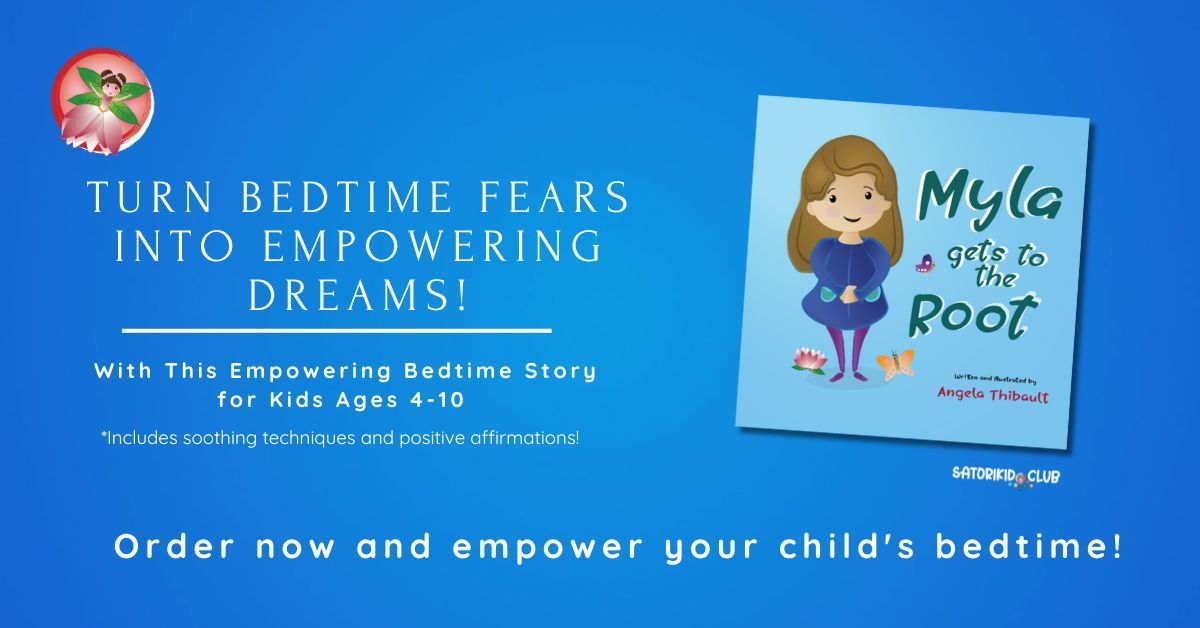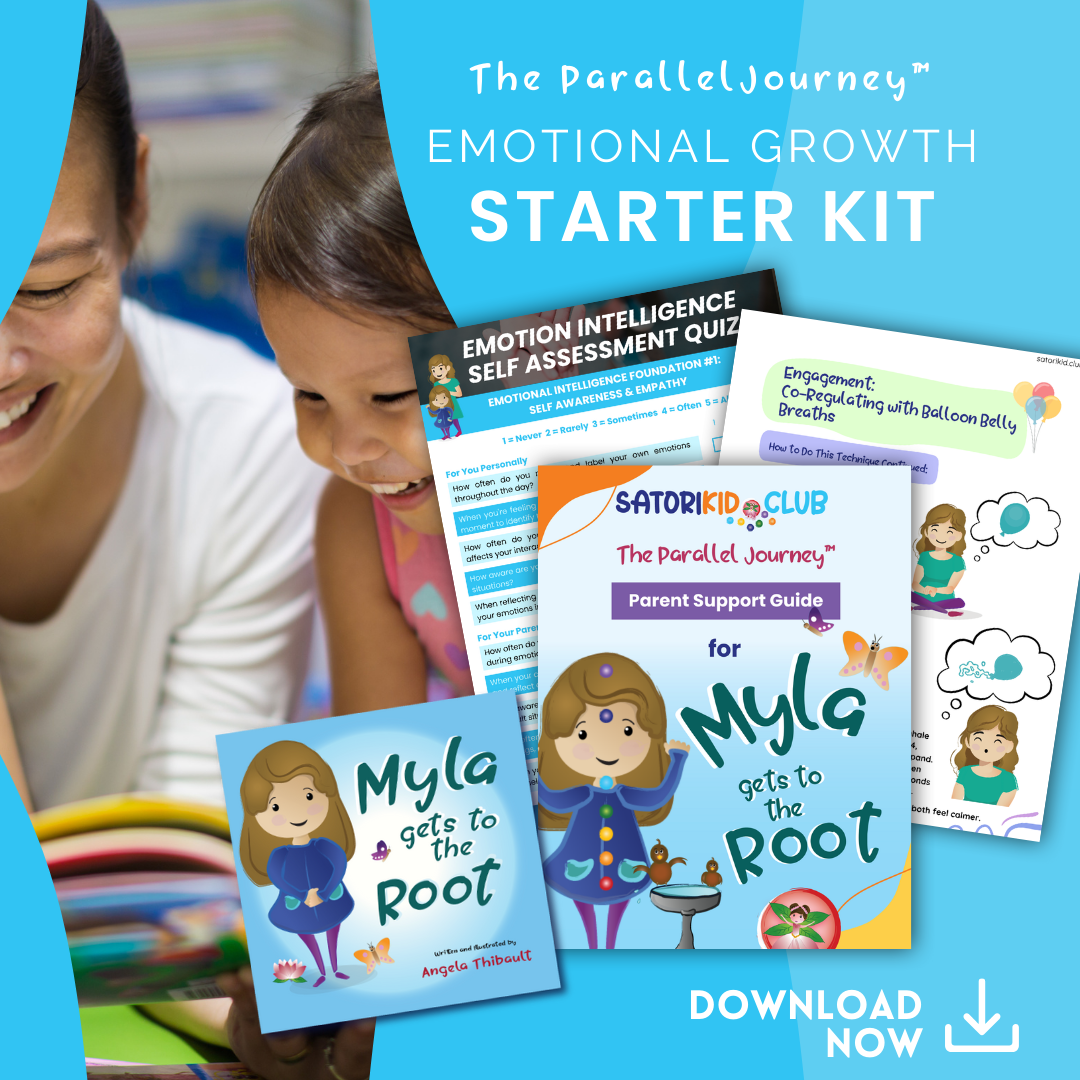Start your journey here
How to Avoid Being a Toxic Parent This Christmas: 3 Practical Tips for Meaningful Connection
All activities should be supervised by an adult.
Share

How to Avoid Being a Toxic Parent This Christmas:
3 Practical Tips for Meaningful Connection.
The holidays are magical, but let’s face it—they can also bring out the pressure. Many parents, myself included, have fallen into the trap of thinking the holidays are about having everything just right: the perfect decorations, the perfect behavior, and maybe even the perfect pile of gifts under the tree.
When my kids were younger, I remember moments where I stressed about creating the "ideal" holiday. But the truth is, the holidays were never about perfection. They’re about connection—the kind that makes your child feel seen, loved, and safe. That’s why I’ve learned that avoiding toxic parenting during the holidays isn’t aboutmaking everything perfect or buying everything your child could ever want. It’s about making connection the goal.
This Christmas, let’s shift the focus from
perfection to connection and create a holiday season that truly matters for you and your child.
3 Ways To Make Meaningful Connections.

1. Embrace Who Your Child Is Right Now
During the holidays, it’s easy to get caught up in how we want our children to behave—being on their best manners at family gatherings, sharing toys without conflict, or being grateful for every single gift. But this focus on expectations can pull us away from seeing who our kids really are in this moment.
Instead of wishing they’d act differently, take time to observe what lights them up during the holidays. What brings them joy? How do they like to express themselves? By meeting them where they are, you’ll build trust and connection instead of frustration.
Try saying to your child:
- “I love how much fun you’re having decorating cookies—it’s so nice to see you enjoying yourself.”
- “What’s something you’re really excited about for the holidays?”
Action Tip:
Set aside expectations for “perfect” behavior and focus on finding joy in the moment. Whether they’re giggling during a craft or getting excited over a simple toy, let their unique personality shine.

2. Share Your Own Holiday Stories
When my kids were younger, they loved hearing about my childhood holiday memories—even the silly ones. Sharing your stories helps your child see you as more than just their parent; it shows them the human side of you. Plus, it’s a great reminder that holidays aren’t about everything going perfectly—they’re about connection and creativity.
For example, one year when I was growing up, we ran out of wrapping paper and used newspaper instead. My kids thought it was so funny that they wanted to do it themselves! Those small stories can become the foundation for new traditions that make the holidays memorable.
Try saying this to your child:
- “When I was your age, one of my favorite things to do was [share specific memory]. What’s been your favorite moment so far this year?”
- “You know, not everything during the holidays has to go perfectly—one year, we forgot to get a tree and decorated the houseplants instead!”
Action Tip:
Start a tradition where you share a funny or meaningful story from your past each holiday season. Invite your child to share what they’ve loved most about this year so far.

3. Prioritize Small, Intentional Moments
The holidays can feel like a whirlwind of activities, but the best memories often come from the quiet, simple moments. A bedtime chat, a spontaneous hug, or a shared laugh during a holiday activity can mean more to your child than all the gifts in the world.
When my kids were younger, one of our favorite traditions was a nightly gratitude check-in. We’d take turns sharing something we were thankful for from that day. It didn’t take long, but it helped us reconnect, even during the busiest holiday weeks.
What to say to your child:
- “I’m so grateful we got to spend time together today. What’s something you’re grateful for?”
- “I noticed you seemed quiet earlier. Is there anything on your mind?”
Action Tip:
Start a simple daily ritual during the holidays, like a gratitude jar or a bedtime check-in. These small moments create lasting connections that will stay with your child long after the season ends.

Why Connection Over Perfection Matters
Avoiding toxic parenting during the holidays isn’t about controlling every moment or meeting impossible expectations. It’s about focusing on the relationship you’re building with your child—because that’s what they’ll remember most.
1. It Breaks Generational Cycles
Many of us grew up in homes where holidays were filled with stress and control—where perfection was prioritized over connection. Maybe there were unspoken expectations to act a certain way, express gratitude in a specific manner, or behave flawlessly in front of extended family. For some of us, emotions were dismissed or met with frustration instead of understanding.
By choosing to prioritize connection over perfection, you’re healing those patterns. You’re showing your child that their feelings matter and that their worth isn’t tied to their behavior or accomplishments. This shift helps break cycles of emotional disconnection, control, and stress, giving your child a new model of what healthy relationships look like.
Holiday Tip: Instead of focusing on how things “should” go, pause and ask yourself: What will make my child feel most seen and loved in this moment?
2. It Teaches Your Child How to Build Healthy Relationships
The holidays are an incredible opportunity to model the behaviors you want your child to carry into their own relationships. When you show empathy, communicate openly, and handle challenges with grace, you’re teaching them how to navigate emotions, trust others, and connect on a deeper level.
Children learn by watching us, especially in high-stress moments. When you can stay calm, apologize when needed, and prioritize connection, you’re giving them tools to build strong, meaningful relationships in their future—whether that’s with friends, family, or eventually their own children.
Holiday Tip:
When things feel overwhelming, narrate your thought process for your child. For example: “This didn’t go as planned, but what really matters is that we’re together. How can we make the best of this moment?”
3. It Creates a Safe, Loving Space
The holiday season can be overwhelming for kids. Between the excitement, social expectations, and sensory overload, it’s easy for them to feel anxious, misunderstood, or out of control. When you focus on connection, you create a safe haven where they feel valued for who they are, not how they behave or what they accomplish.
This sense of safety helps your child develop emotional resilience and self-worth. They learn that it’s okay to have big feelings and that they are loved unconditionally, even when things aren’t perfect. Over time, this safe space becomes the foundation for their confidence and ability to navigate life’s challenges.
Holiday Tip:
Create moments where your child can unwind and express themselves. Ask open-ended questions like: “What’s been your favorite part of the day?” or “What’s something that made you feel happy (or frustrated) today?”
Final Thought
The holidays don’t have to be perfect to be magical. By prioritizing connection, you’re giving your child the greatest gift of all: your presence. Let’s make this holiday season one to remember—not for how it looked, but for how it felt.

Take the Next Step Toward Connection
This holiday season, let’s focus on what truly matters—building a deeper connection with your child. The magic of the holidays isn’t in the perfect decorations or the gifts under the tree; it’s in the quiet moments of joy, gratitude, and togetherness that create lasting memories.
If you’re ready to create more meaningful moments and strengthen your bond, the 7 Days of Presence Workbook for Families is here to help. This free resource is designed with busy parents in mind, offering simple yet heartfelt activities that fit easily into your holiday routine.
Here’s what you’ll find inside:
- Daily Gratitude Prompts: Simple exercises to help you and your child reflect on what you’re thankful for, fostering emotional connection and a positive mindset.
- Mindfulness Practices: Short, kid-friendly activities that bring calm and focus to your holiday chaos.
- Creative Crafts and Printables: Fun, interactive ways to engage your child in building presence and creating traditions together.
- Connection-Building Tips: Practical advice for making the most of your time together, even on the busiest days.
This workbook is more than just a set of activities—it’s a toolkit for creating a holiday season rooted in love, mindfulness, and presence. Whether it’s through a gratitude check-in before bed, a calming pause in the middle of a hectic day, or a shared craft that sparks laughter, these moments will remind your child that they are seen, valued, and loved.

Angela Thibault
Angela Thibault is a mother of two, a passionate children’s author, and the founder of Satori Kid Club and The Parallel Journey™.







